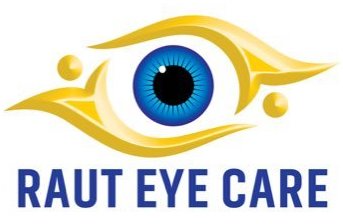
Pars Plana Vitrectomy is a type of eye surgery used to treat various eye conditions.It involves the removal of the vitreous gel that fills the eye, which is replaced with a sterile solution.
This procedure is most commonly performed to repair retinal detachments, macular holes, diabetic retinopathy, and remove scar tissue or foreign bodies from the eye.It is often performed in combination with other surgeries or treatments to maximize the effectiveness of the treatment.
During the procedure, the surgeon will make small incisions in the eye to access the vitreous gel.The vitreous gel is then removed using a vitrector, a specialized tool designed for this purpose.
The vitrector is used to suction out the vitreous gel and replace it with a sterile solution.The surgeon will then close the incisions and the eye will be patched until healing is complete.
After the surgery, patients may experience temporary vision changes, such as blurriness, sensitivity to light, or double vision.It is important to follow the doctor’s instructions and attend follow-up appointments to ensure a successful outcome.






